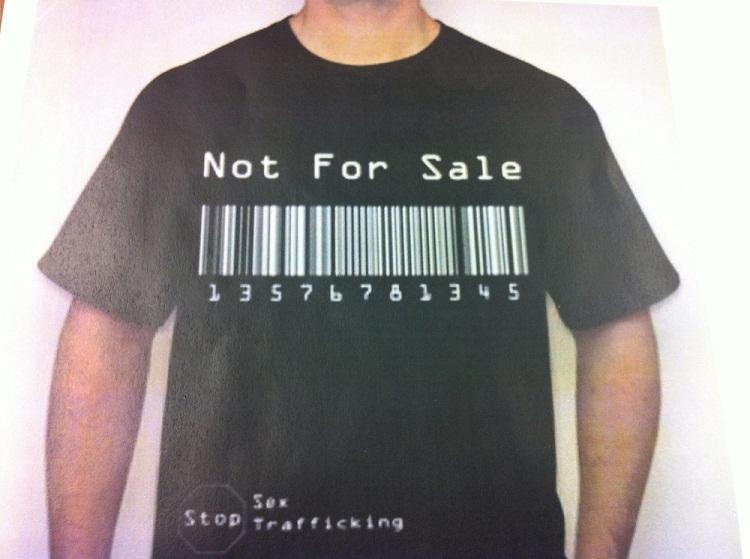Human sex trafficking is the most common form of modern-day slavery, according to the FBI website at Fbi.gov. Hawthorne High School’s Contemporary World Affairs class, led by teacher Katherine Lyness, is raising awareness throughout the school regarding sex trafficking and is working hard to support the fight to end it.
The Contemporary World Affairs class decided to pursue this cause because so many people are unaware of this major world issue. HHS Contemporary World Affairs student Michael Ulrich explained that sex trafficking is the kidnapping of a person who is held against his or her will and is exploited sexually through the use of fear and force.
In order to start bringing awareness to HHS and to see firsthand how this global issue can go unnoticed in the world, the Contemporary World Affairs class polled students and staff to measure their level of awareness about sex trafficking. Out of 14 staff members polled: 7 knew slavery still exists; 4 believed that prostitution is a choice; 12 knew the average age of a person forced into sex slavery; and 14 knew what slavery was. Out of 161 students polled using the same questions: 115 knew that slavery still exists; 68 believed that prostitution is a choice; 140 knew the average age of a person forced into sex trafficking; and 122 knew what slavery was. These results showed the Contemporary World Affairs students that there was a need to raise awareness among the students and staff at HHS about this international issue.
Polling the high school students and staff was only the first step in bringing awareness of sex trafficking to Hawthorne High School. The Contemporary World Affairs class wants to start raising money to help support the Polaris Project, one of the leading organizations in the global fight against human trafficking and modern-day slavery. Although no definite dates have been set for the fundraiser, the class plans to raise money by selling t-shirts to the student body and community.
In addition, the class will be creating social media pages and posting posters around the school to raise awareness about what sex trafficking is and ways to help stop it. Once all the research is complete, the class would like to write letters to state and national officials. These letters will not only provide information on sex trafficking, but will also propose ideas about what New Jersey needs to do to deal with the issue. The letters will also include ideas on how to make laws stricter.
Lyness noted that sex trafficking is different from prostitution. Girls forced into sex trafficking should not be charged and/or arrested for something that is not their choice; rather, the person forcing the girl into this form of slavery should be charged as a sex offender. The class wants to emphasize that charges for traffickers should ultimately be stricter.
“Our class is dedicated to making a difference,” noted HHS junior David Peralta. “Even though we are a small class, I believe we can get the whole school on board and make a difference.”

